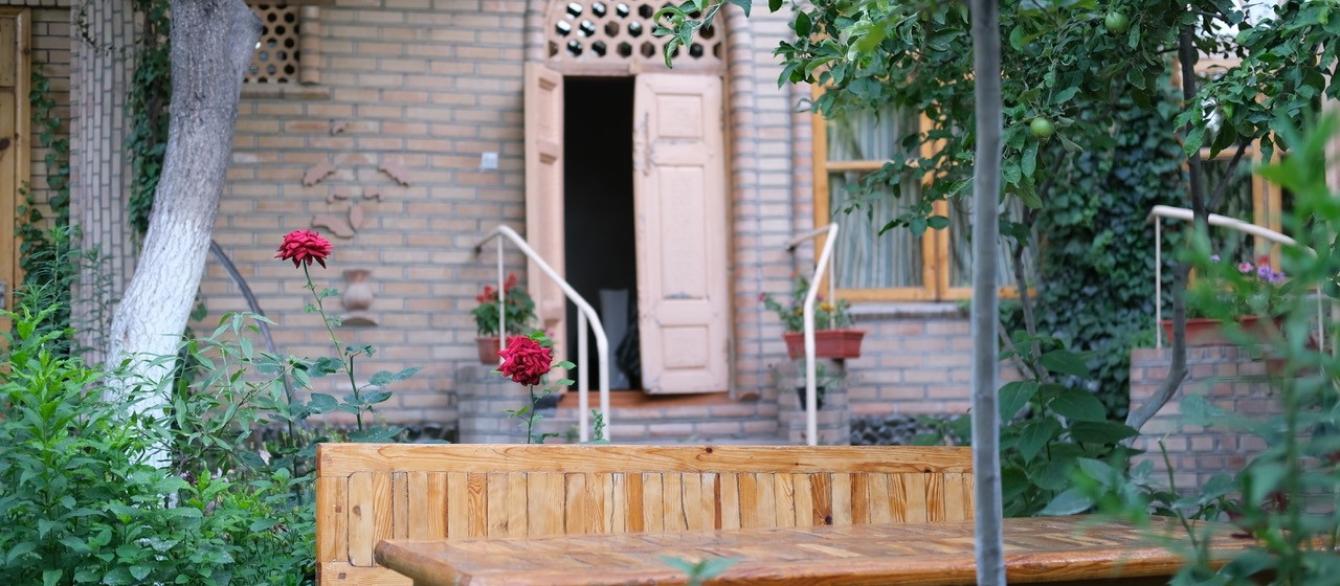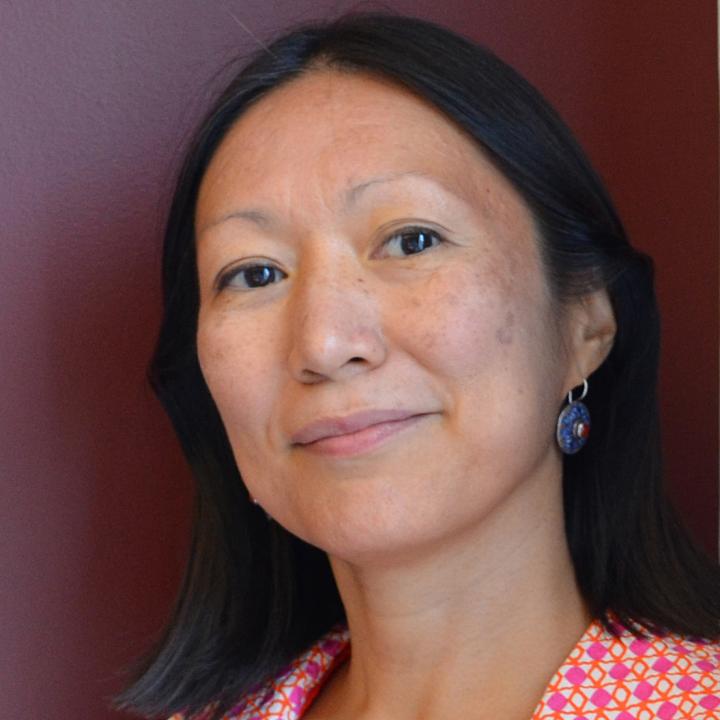The Davis Center is hosting a graduate student conference devoted to Central Asia to be held April 26-28, 2024. We invite paper proposals from graduate students at any stage of their academic career, including master’s students, working on a topic related to Central Asia within any discipline. The conference will allow U.S.-based graduate students to present their original and ongoing work professionally and receive feedback from peers and experts in the field.
Proposals may include topics related to the following themes:
- In and Out of Central Asia: Rise of Connectivity
The notion of being at the crossroads of civilizations and markets has been at the core of Central Asian identity. The region is trying again to position itself as the bridge connecting East and West, North and South. In the aftermath of Russia’s full-scale war against Ukraine, these efforts have received a substantial boost. Both the region's countries and their partners (the countries of the South Caucasus, Turkey, the European Union, the United States, and others) see a more acute need to diversify their transport routes and supply chains and make them less dependent on transit via Russia. The war is also changing migration patterns — many Russian citizens have moved to the region, while Central Asian labor migrants are looking for other destinations, turning Central Asia into a center of new mobilities. We invite papers that critically assess the past and present changes in connectivity between Central Asia and other regions.
- State and Society: A New Social Contract?
The political systems of Central Asian countries have been under multiple pressures. Power transition is always a formidable challenge in highly personalized authoritarian regimes. Generational change is creating new expectations and demands from societies. Growing inequalities are contributing to grievances and discontent. The ideas of social justice and more equitable distribution are increasingly at the center of public policy discourses. What political systems and arrangements are desirable and feasible in the context of Central Asia? Do we see new social contracts emerging? Can we envision better alternatives? We invite papers tackling these themes using political science, political theory, political economy, and sociology.
- Inspired and Inspiring: Hybrid Identities in Central Asia
Central Asia’s striking multiethnic diversity has created dynamic cultural products and new identities reflecting the complex backgrounds of its inhabitants. It has been a site of multi-layered, multicultural exchange for millennia. In the 20th century, the Soviet policies of deportation, ethnic cleansing, forced labor, wartime evacuation, and large-scale infrastructural projects brought unprecedented numbers of Soviet citizens to the region from different parts of the country. The legacy of these events is still keenly felt today and warrants closer examination. We invite contributions from multiple disciplines, including history, religious studies, anthropology, sociology, political science, and other relevant fields of inquiry.
Interested graduate students should complete this online form by January 31, 2024. Submissions must include:
- A working title and brief (no more than 300 words) description of your paper’s central argument;
- Biographical information including your full name, institutional affiliation, graduate program of study, and current year in that program;
- Travel and logistical details.
Notification of acceptance will be no later than February 15, 2024. If accepted, participants must submit their registration form accepting their participation by February 28, 2024. Final papers must be received by April 10, 2024.
Please email any questions about the conference or this call for proposals to Nargis Kassenova and Kateryna Olkhovyk.






